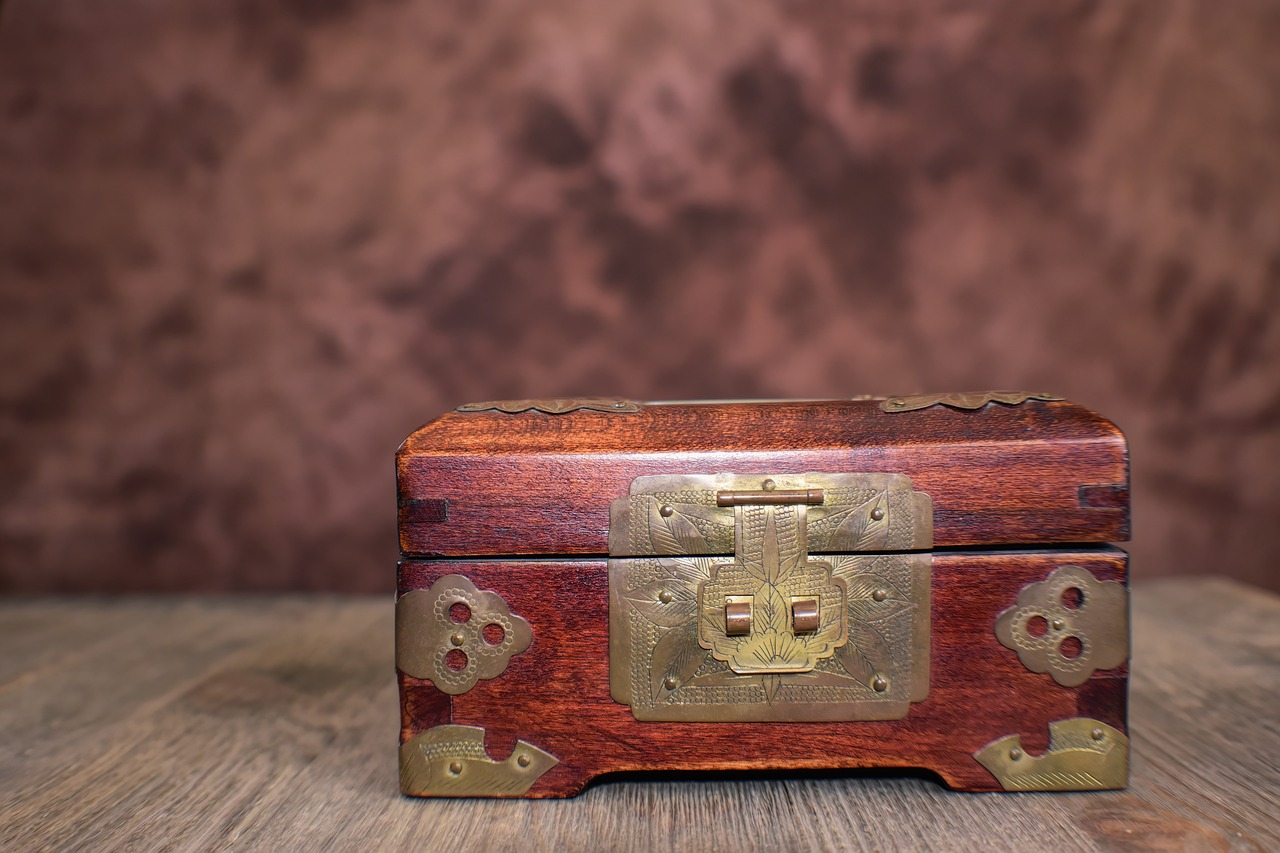PANDORA
In ancient mythology, Pandora is recognized as the inaugural mortal woman, sculpted from clay by the divine. The Titan Prometheus was initially tasked with the creation of humanity. However, he grew dissatisfied with the harsh existence granted to humans, prompting him to steal fire from the gods. Enraged, Zeus decreed that Hephaistos (Hephaestus) and the other deities craft the first woman, Pandora, gifting her with unmatched beauty and intelligence. She was then given to Prometheus’ unwary brother, Epimetheus, as a spouse.
As a wedding gift, Zeus presented Pandora with a jar (pithos), which she inadvertently opened, unleashing a multitude of evils upon mankind. The only positive remnant from this calamity was Elpis (Hope), which remained to offer a glimmer of solace amid the ensuing chaos.
Pandora had a daughter named Pyrrha, regarded as the first child born of a mortal mother. Alongside her husband Deukalion, they emerged as the only survivors of the Great Flood. To replenish the Earth’s population, they were instructed to toss stones over their shoulders, which transformed into a new generation of men and women.
The narrative of Pandora’s creation has been prominently represented in ancient Greek vase art, showcasing her either as a figure surrounded by gods or emerging from the earth itself. At times, she is depicted in vibrant scenes with dancing Satyrs, a motif from a lost play by Sophocles.
FAMILY OF PANDORA
Parents: None (created by the gods)
Offspring:
– Pyrrha (with Epimetheus)
ENCYLOPEDIA
Pandora, which signifies ‘all-gifts’ or ‘endowed with everything’, is known as the first woman created by the gods. Zeus, in a bid for retribution against Prometheus for stealing fire, had Hephaistos mold her from earth. The goddesses embellished her with charms, which only served to cause misfortune for humanity. Thus, the Olympians collectively named her Pandora, as each god contributed a unique gift that would lead to mankind’s downfall.
Hermes delivered her to Epimetheus, who ignoring Prometheus’ warning against accepting gifts from Zeus, welcomed her into his life. Consequently, a wave of miseries descended upon humanity. The accounts vary, with some indicating that Epimetheus became the father of Pyrrha and Deukalion through Pandora, while others propose that she is their offspring.
A later interpretation introduces a vessel attributed to Pandora, believed to contain the gods’ blessings that could have been preserved for humanity, had she not chosen to unveil it. The depiction of Pandora’s birth can also be seen on the pedestal of the Athena statue at the Parthenon. In various Orphic texts, she emerges as a formidable deity linked with Hecate and the Furies.
CLASSICAL LITERATURE QUOTES
Hesiod’s Works and Days expresses the gods’ conceit in concealing fire from humanity and how Prometheus’ theft incited Zeus’ wrath. In retaliation, Zeus concocted a beautiful yet deceitful being—Pandora—endowed with features reminiscent of the goddesses and destined to unravel humanity’s peace.
The subsequent literature expands this narrative, highlighting how Pandora’s jar contained all the evils that would plague mankind, leaving only Hope behind to endure.
Additional criticisms of Pandora’s legacy frame her as an embodiment of misfortune, causing strife among men and women; indeed, her story is a cautionary tale of temptation, curiosity, and the consequences that unfold from unchecked desires.
ANCIENT GREEK ART
The artistic representations from the Athenian red-figure vase paintings include vivid portrayals of Pandora alongside various deities, enhancing the narrative surrounding her myth and its impact on humanity.



